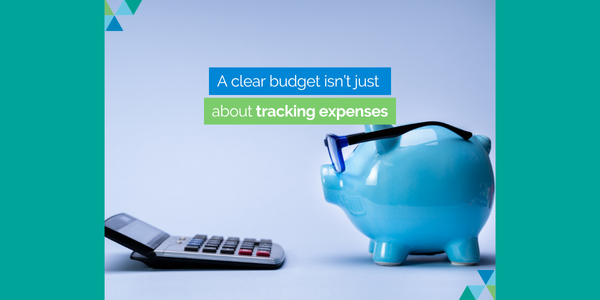Beat the February Cash Flow Crunch: Tips to Stay Ahead of Your BAS and Super Obligations
For many businesses, February can feel like a perfect financial storm.

For many businesses, February can feel like a perfect financial storm. With everyone taking time off in January, invoices often go unpaid, leaving your cash reserves looking lean. At the same time, crucial obligations—like your Business Activity Statement (BAS) and superannuation payments—fall due in February. The result? A month that’s notorious for putting pressure on your cash flow.
The good news is that, with a bit of forward planning, you can weather February’s financial challenges without unnecessary stress. Here’s how:
Understand Why February is Tough
During the holiday season, many customers and clients take a well-deserved break. This often means delays in invoice payments and fewer funds coming into your account at the start of the new year. Combine that with the fact that BAS and super payments are due, and it’s no surprise February is often cited as the worst cash flow month for many businesses.
Plan Ahead
The key to a stress-free February starts months in advance—specifically, in December. While you may be winding down for the holidays, it’s a great time to set aside extra funds. Having a financial buffer earmarked for those February obligations ensures you aren’t scrambling for cash when the bills come due.
How to Build Your December Buffer
Forecast Your Obligations: Estimate your BAS, super contributions, and any other regular payments coming up in February. Having a ballpark figure allows you to set a clear savings target.
Trim Unnecessary Expenses: December can be a month of increased spending due to holiday celebrations. Look for areas where you can cut back, and put those savings toward your upcoming obligations.
Adjust Your Invoicing Cycle: If possible, adjust your invoicing schedule in December to encourage earlier payments. Offering a small discount for early settlement might motivate clients to pay before the holiday lull.
Set Up a Separate Savings Account: Move the funds you set aside into a dedicated account. This prevents you from accidentally dipping into those reserves for other expenses.
Staying on Track in January
Come January, keep an eye on your accounts receivable and follow up on overdue invoices early. While customers may still be on holiday mode, gentle reminders can prompt earlier payment. The goal is to keep bolstering your cash position so that, by February, you’re confident you can meet all obligations comfortably.
Reap the Benefits in February
By having a financial cushion ready, you’ll enter February prepared. This means you can settle your BAS and super on time without resorting to emergency measures, like drawing on a line of credit or putting off other important expenses. Ultimately, planning ahead helps maintain your financial stability and peace of mind, turning what could be the most stressful month into just another routine billing cycle.
While February might be known for its cash flow challenges, proactive planning can turn the tide in your favour. By saving ahead in December, staying on top of invoicing, and managing your expenses wisely, you’ll be ready to face February’s financial obligations head-on—no stress required.
To find out more about how we can help you manage your business growth, please contact one of our team at admin@wrightsca.com.au.
**Important notice:** This article provides information rather than financial advice. The content of this article, including any information contained in it, has been prepared without taking into account your objectives, financial situation, or needs. You should consider the appropriateness of the information, taking these matters into account, before you act on any information.










